Hamsters are popular pets that many love for their cute and cuddly nature. As a pet owner, you might wonder what kind of treats you can give your hamster. One common question that comes up is whether hamsters can eat cheese.
The answer is yes, hamsters can eat cheese, but it should be given in moderation. Cheese can be a good source of protein and calcium for your hamster, but it should not replace their regular diet. It is important to remember that hamsters have sensitive digestive systems, so new food should be introduced gradually to avoid digestive problems.
While cheese is safe for hamsters to eat, choosing the right type of cheese is essential. Some types of cheese, such as blue cheese, can harm your hamster’s health. Cheese that is high in fat or sodium should also be avoided. Additionally, cheese can be a choking hazard, so be sure to cut it into small pieces or grate it before being given to your hamster. As with any treat, monitoring your hamster for any side effects, such as dehydration or illness, is essential.
Table of Contents
Can Hamsters Eat Cheese?
Hamsters are adorable and beloved pets that require a balanced diet to stay healthy. When it comes to feeding them, it’s essential to know what they can and cannot eat. One question that often arises is whether hamsters can eat cheese. The short answer is yes, but there are some things to remember.
Types of Cheese Hamsters Can Eat
Hamsters can eat certain types of cheese in moderation. Mild cheeses like mozzarella and cheddar are good options. Cottage cheese is also a great choice because it’s low in fat, sodium, and protein. Parmesan is another cheese that hamsters can eat in small amounts. It’s a good source of calcium and protein.
Types of Cheese You Shouldn’t Feed Your Hamster
Not all types of cheese are safe for hamsters to eat. Blue cheese and Stilton are generally not recommended because they contain bacteria that may cause serious health problems for hamsters. These products are high in fat and sodium and can cause dehydration and illness. Processed cheese products like spray cheese and cheese in a can should also be avoided.
Nutritional Value of Cheese
Cheese is a good source of calcium, protein, vitamins, and minerals. It’s also high in calories and fat, so feed it to your hamsters in moderation. Low-fat cheese is a better option for hamsters because it’s lower in calories and fat.
Benefits of Cheese
Cheese is a tasty treat that hamsters enjoy. It can be a good source of protein and calcium essential for their health. Cheese also contains omega-3 fatty acids, which are good for their skin and coat.
Risks of Cheese
While cheese is not toxic to hamsters, it can cause side effects if given in excess. Hamsters can develop lactose intolerance, which can lead to vomiting and diarrhea. Cheese can also be a choking hazard if not cut into small pieces. It’s important to monitor your hamster when giving them cheese and ensure they have access to fresh water.
In conclusion, hamsters can eat cheese in moderation, but it’s important to choose the right type of cheese and monitor their intake. Mild cheeses like mozzarella and cheddar are good options, while blue cheese and processed cheese products should be avoided. Cheese can be a good source of protein and calcium, but it’s high in calories and fat, so it should be given as a treat.
How Much Cheese Can Hamsters Eat?
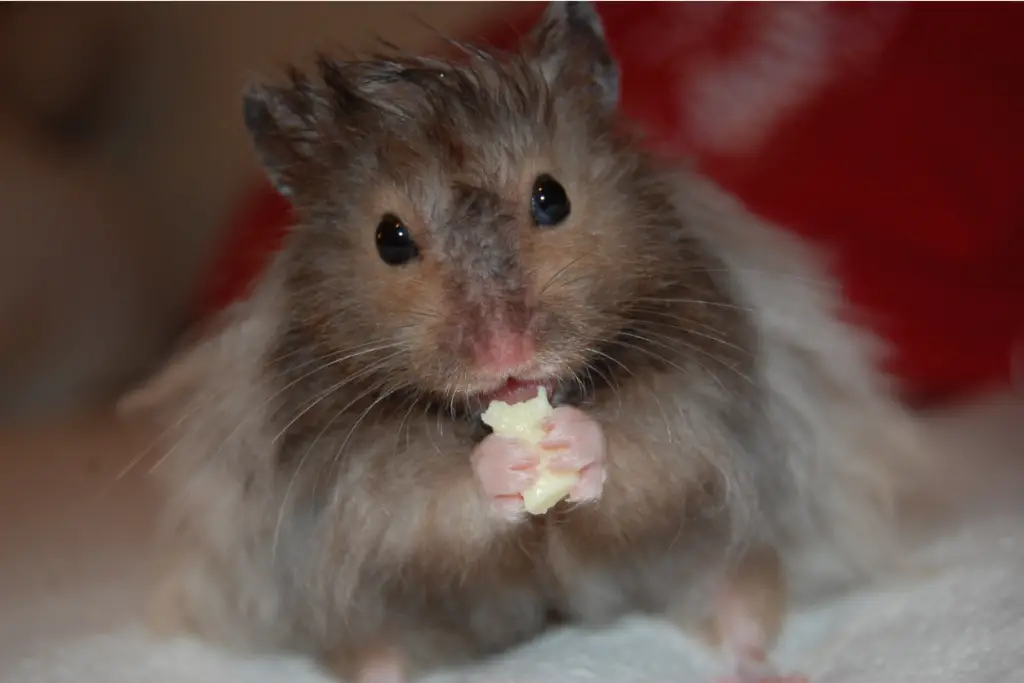
Cheese is not a natural part of a hamster’s diet; feeding them too much can lead to health problems. Hamsters can be fed cheese, but it should only be used in moderation. A small amount of cheese can be a tasty and nutritious treat for your furry friend.
When giving cheese to your hamster, choosing the right type of cheese is vital. Low-fat and low-salt cheeses like mozzarella and cottage cheese are good options. Avoid giving your hamster aged cheddar, parmesan, or processed cheese products. These types of cheese are high in fat and salt, which can harm your hamster.
It is recommended that hamsters get no more than a pea-sized amount of cheese once or twice a week. This serving size ensures that your hamster gets the cheese’s nutritional value without consuming too many calories. Overfeeding your hamster cheese can lead to obesity and other side effects.
It is also important to note that some hamsters may be lactose intolerant, which means that cheese can be toxic for them. If you notice any signs of discomfort or illness after giving your hamster cheese, stop feeding it to them immediately.
In summary, hamsters can eat cheese, but it should be given to them in moderation and in small serving sizes. Low-fat and low-salt cheeses like mozzarella and cottage cheese are good options. Always watch for any signs of discomfort or illness, and stop feeding your hamster cheese if they exhibit any adverse side effects.
Other Foods Hamsters Can Eat
In addition to cheese, hamsters can eat a variety of other foods. It is essential to provide a balanced diet that meets their nutritional needs. Here are some other foods that hamsters can enjoy in moderation.
Fruits and Vegetables
Hamsters can eat a variety of fruits and vegetables. It is essential to wash them thoroughly and remove any seeds or pits. Some good options include:
- Broccoli
- Spinach
- Bananas
- Apples
- Cucumber
- Lettuce
- Garlic
- Kale
It is important to note that some fruits and vegetables can be toxic to hamsters, so it is vital to do research before offering them anything new.
Seeds and Nuts
Seeds and nuts are a great source of protein and healthy fats for hamsters. Some good options include:
- Sunflower seeds
- Pumpkin seeds
- Almonds
- Walnuts
- Pistachios
It is best to offer seeds and nuts in moderation, as they are high in fat.
Insects and Meat
Hamsters are omnivores and can eat insects and meat. Some good options include:
- Mealworms
- Crickets
- Dried mealworms
- Hard-boiled egg
- Cooked chicken
It is also important to offer insects and meat in moderation, as they are also high in protein.
Grains and Pellets
Hamsters also need a source of carbohydrates in their diet. Some good options include:
- Rice
- Timothy hay
- Hamster pellets
It is crucial to choose high-quality pellets that are specifically formulated for hamsters.
Overall, you want to make sure to provide a balanced diet that meets a hamster’s nutritional needs. It is also recommended to offer treats in moderation to prevent obesity and other health problems.
Conclusion
In conclusion, hamsters can eat cheese as an occasional treat, but it’s important to approach their consumption cautiously. A balanced, seed-based diet with healthier treat options like fruits, vegetables, and lean protein sources is what you should prioritize.
While cheese is not toxic to hamsters, too much cheese can lead to health problems, including vomiting and/or diarrhea. Some hamsters tolerate cheese and other dairy products well, but others experience lactose intolerance. Therefore, it’s essential to introduce cheese to your hamster’s diet gradually and in moderation.
Cheese is full of protein, vitamins, and minerals, making it a perfectly safe snack for your hamster. However, choosing low-fat, low-sodium varieties in small amounts is essential. These cheesy treats are high in calories, and a diet high in fat and sodium can lead to health problems such as diabetes, obesity, heart attacks, strokes, and kidney disease.
It’s also important to note that some types of cheese, like blue cheese and Roquefort, contain molds that can harm hamsters. Therefore, it’s best to avoid these types of cheese altogether.
Lastly, keeping an eye on your hamster’s health after introducing cheese to its diet is crucial. Too much cheese can constipate or dehydrate your hamster, leading to illness. Additionally, cheese can be a choking hazard, so always ensure to cut it into small, bite-sized pieces before giving it to your pet.
Cheese can be a safe and enjoyable treat for your hamster when given in moderation and with caution. As with any new food, it’s essential to introduce it gradually and monitor your pet’s reaction to ensure its health and well-being.

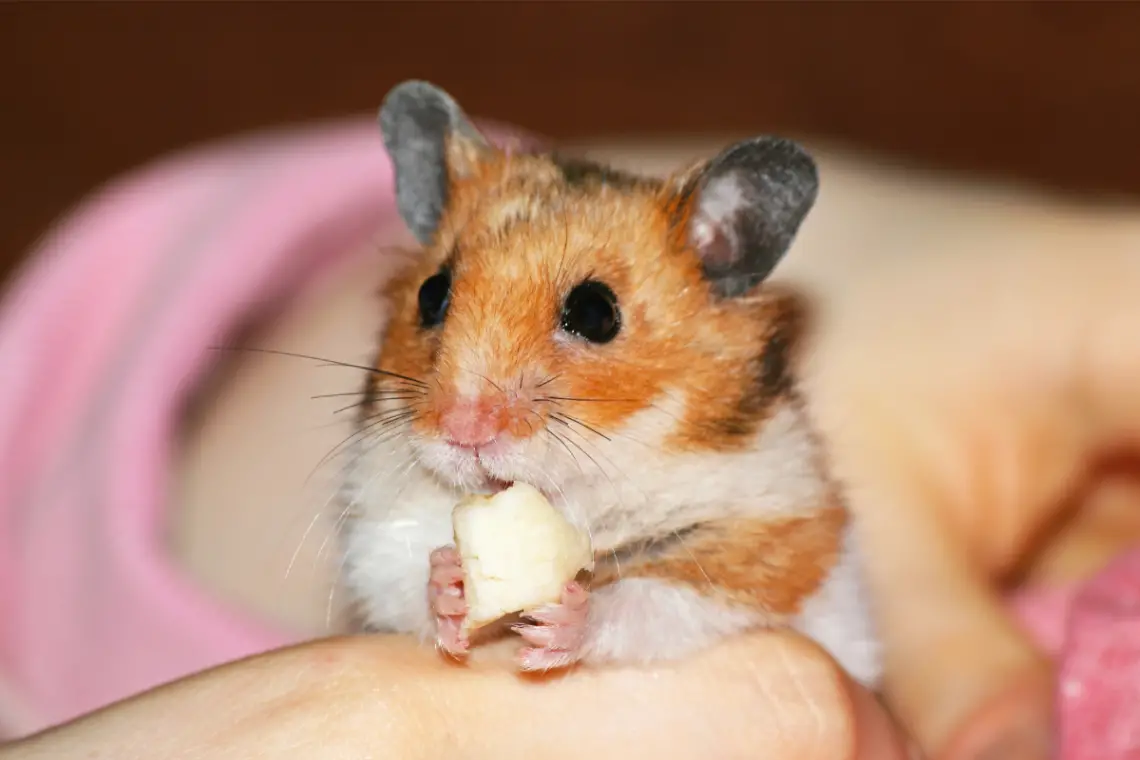
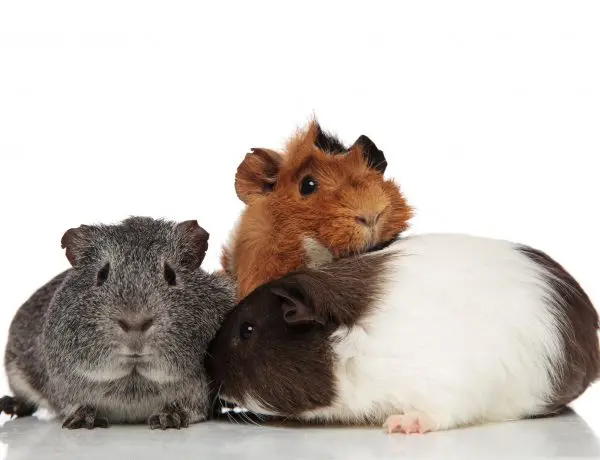
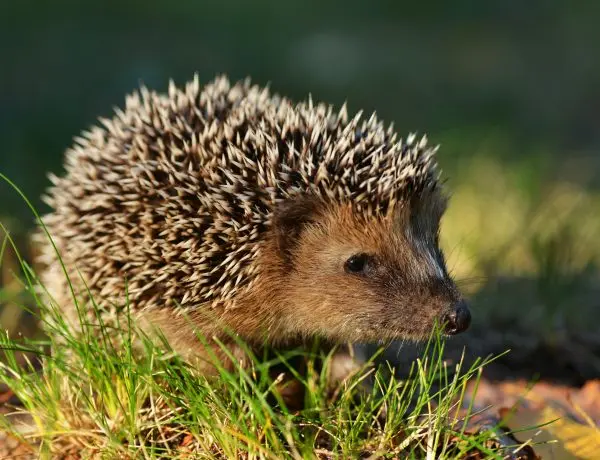
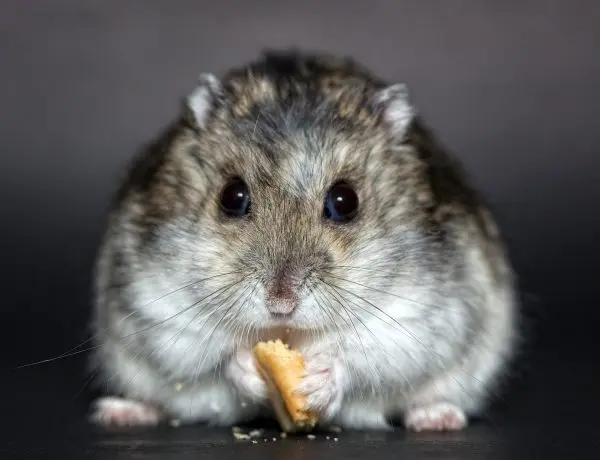
No Comments